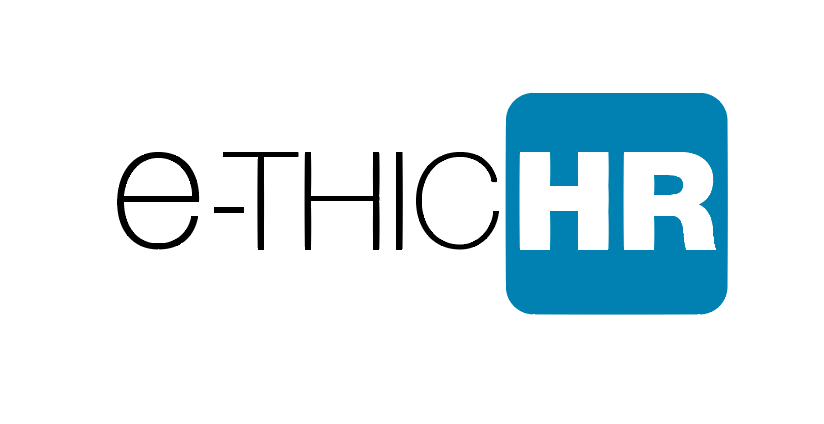A l’heure où apparaissent les premiers signes de la reprise économique et où les entreprises reprennent peu à peu confiance, ces dernières comptent sur leurs meilleurs employés et des recrues stratégiques pour stimuler et maintenir la croissance. Si elles doivent en ce sens offrir des perspectives intéressantes en termes de carrière, elles doivent en outre veiller au bien-être de leurs collaborateurs, comme le souligne la dernière étude Regus. Menée auprès de 20 000 cadres supérieurs dans 95 pays, cette étude délivre un constat sans appel : le travail flexible, défini comme offrant la possibilité de choisir quand et où travailler, constitue une mesure essentielle pour retenir et recruter les profils les plus doués.
Lire l’article “Le travail flexible limite la rotation du personnel” et l’infographie “Work any Where”
